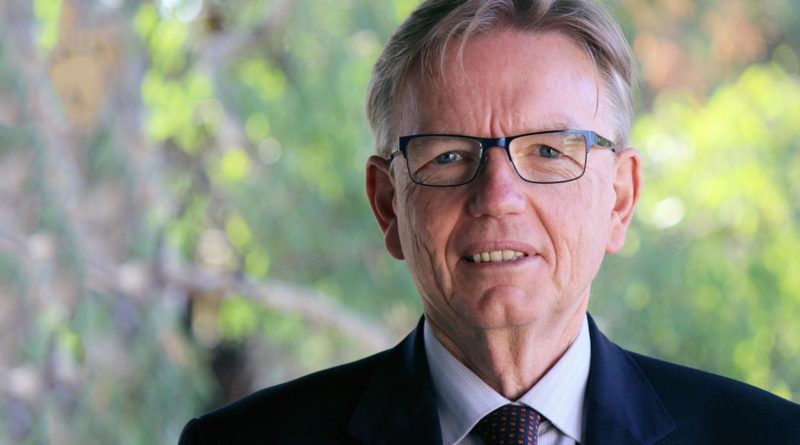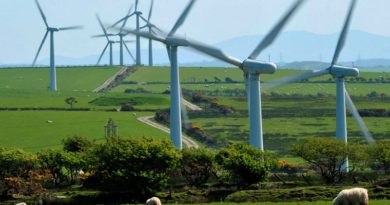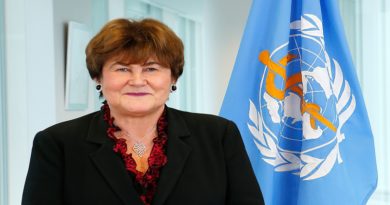GCF, World Bank sign deal to support climate action in developing countries
The Green Climate Fund and the World Bank on Monday November 13, 2017 signed a key agreement to support climate action in developing countries.
The signing of an Accreditation Master Agreement (AMA) will allow the two organisations to work together to support innovative ideas that reduce emissions and better prepare communities for the impact of climate change.
The World Bank, which became a GCF Accredited Entity in July 2015, already has three GCF-approved climate change projects – in the Solomon Islands, in Mali and a cross-border initiative in Tajikistan and Uzbekistan.
The signing of the AMA opens the way for GCF to transfer its resources to these three projects, along with other climate initiatives the World Bank may propose in the future.
“The GCF and the World Bank share an understanding about the vital need to finance innovative infrastructure and clean technologies in developing countries to build a low-emissions and climate-resilient future,” said GCF Executive Director Howard Bamsey.
“I am confident there is plenty of scope for us to work together in building the resilience of vulnerable communities, and to find paradigm-shifting solutions by bringing the public and private sectors together.”
World Bank CEO Kristalina Georgieva said GCF is “an important funding mechanism that countries are counting on to support their Paris commitments.”
“We are pleased that our projects can now move forward as a result of this agreement. Demand from our clients for financing climate action is huge, and we look forward to bringing the strongest possible proposals to the GCF for consideration.”
GCF Co-chair Ewen McDonald who also attended the signing on the side-line of the yearly Conference of the Parties (COP) of the United Nations Framework Convention on Climate Change (UNFCCC) said the “fantastic agreement” immediately unlocks USD 124 million.
“I am very happy this important agreement has taken place towards the end of GCF’s year of implementation,” he added.
Founded in 1944 to help rebuild countries devastated by World War II, the World Bank has made climate change a top priority.
It has a goal of having 28 percent of its portfolio delivering climate benefits by 2020. Last year, the World Bank loaned 12.8 billion dollars for climate investments, representing 22 percent of its portfolio.
The United Nations Framework Convention on Climate Change (UNFCCC) established the GCF in 2010 to deliver equal amounts of climate finance to mitigation and adaptation



